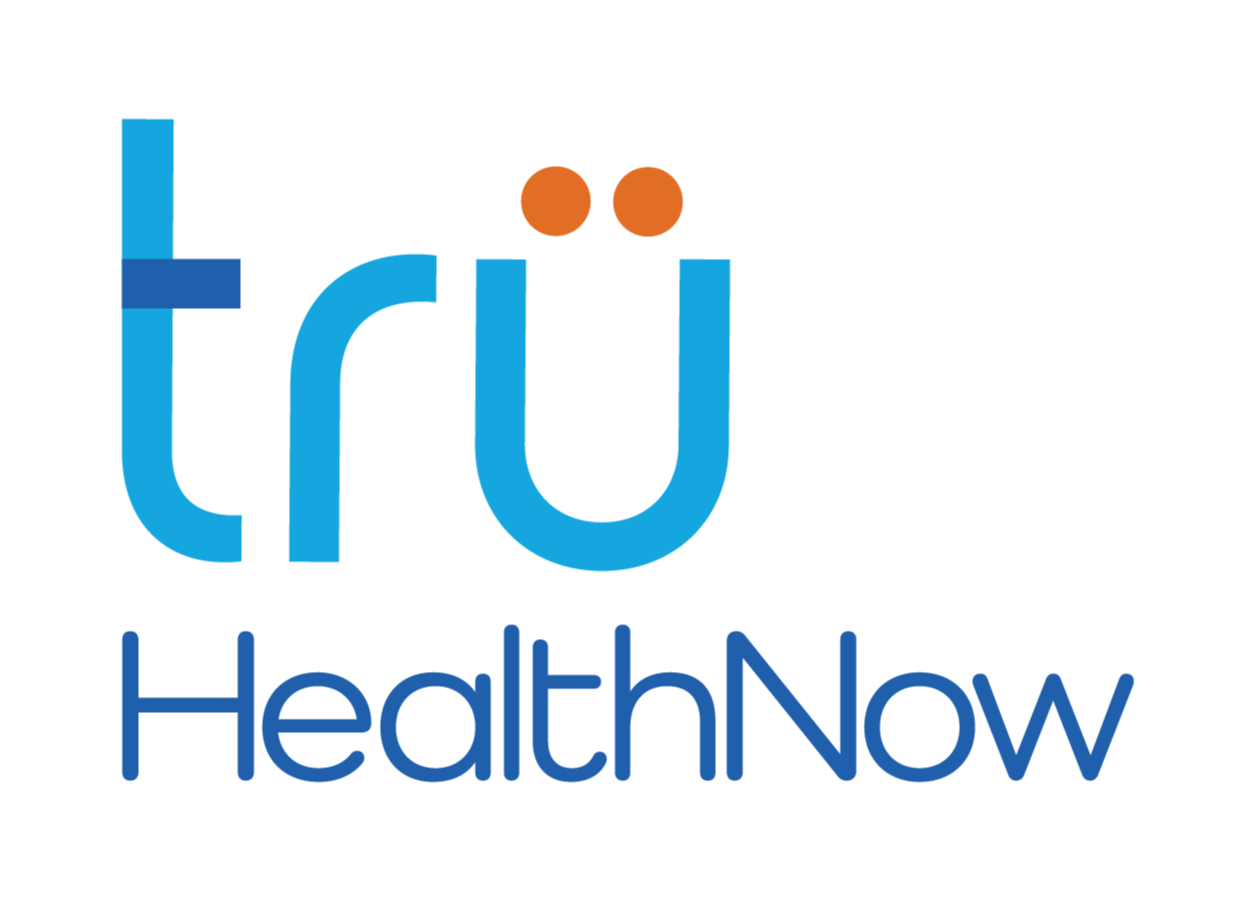
Medication Replacement
Medication is a big part of the healthcare system. It is used in every illness to cure patients and relieve them from their medical issues. A person’s health issues should be treated and diagnosed by a doctor, who then prescribes medicine or medicines (if needed) to the patient to heal.
There are thousands upon thousands of medicines discovered, developed, clinically tested, and approved by the FDA for public use. Kindly note that any medicine prescribed by a physician and taken by the patient should have the approval of the Food and Drug Administration.
Physicians can prescribe the drug they consider adequate by their knowledge and experience. Doctors only define Substitute drugs when they find them compelling.
Replacement or Substitution of Medicines:
Substitution of medicines can help the healthcare system handle the innumerable number of patients it has to deal with every day. Due to many factors, there can be replacements for medicines prescribed by doctors. However, these replacements should also be approved by the FDA.
How are Medication Replacements Introduced?
When any new drug is developed and approved to distribute in public, the pharmaceutical manufacturer gets an automatic patent of 17 to 20 years. It means that no other manufacturers can make this specific medication. After the exclusivity of the drug wears off, another manufacturer can start producing and selling substitutions of this drug after getting the approval of the FDA. This drug approval should show that the generic replacement has the same bioavailability and absorption as the medication it is substituting. Such substitutions are cheaper because the manufacturer does not go through the costly process of developing, producing, clinical testing, and the new drug application for FDA approval.
Why Use Medication Replacements?
Several reasons are there to justify the use of medicine replacements. A few of them are as follows:
- Advantageous for the State
Substitution of drugs can save millions for the State healthcare system as the replacement medications are generally cheaper.
- Non-Availability
Due to the number of patients the healthcare systems deal with daily, medication may not be easily accessible to all. Substitutions play a huge role in bridging this availability gap.
- Inaccessibility
No pharmacy or drug store can keep every single medicine for sale. It is due to many illnesses or health problems and a wide variety of drugs. Therefore, a replacement can work in favor of pharmacies and patients.
- Cost Effective
Medicine replacements can also be cheaper for the general public to access.
Types of Medication Replacements:
Depending on the way the drugs are made, replacement medications are of two types:
- Generic Substitution
- Therapeutic Substitution
- Generic Substitution
o These drugs are different from the medication only on the brand. However, they are of the same composition as the medicine they are substituting, with the same chemicals, measurements, outcomes, and side effects.
o Generic substitutions are considered to be equivalent to the drugs being substituted. Exact drug dosage, the same active ingredient, and the actual dosage strength.
o These are mainly cheaper generic versions of the branded medication and are used a lot for easier access.
o It is simple and easy to implement this type of medication.
o It is as safe and efficient as the branded drug they are substituting.
Limitations of Generic Substitution:
Bioequivalence is considered for two medicines to be considered the equivalent and substitutes of each other. While the generic substitute has the bio-equivalence of the branded drug and has all the essential ingredients, the manufacturers can choose to use different chemicals as a binding or preserving factor in the generic substitute. As a result, these medications are safe to use.
However, patients may still show some varied responses to the generic substitute.
The generic substitute's appearance may vary, leading to less compliance from the patients who may believe that they are getting cheated or the doctor is prescribing the wrong medicine.
- Therapeutic substitution
o These medications can be substituted for others but are not of the same chemical composition as the branded ones.
o They are different because one of the chemical compositions used in the branded drug will be an alternative molecule in the substituted drug. There can also be an alternative pharmacologic class used to generate the substitute. There are also other minimal changes in the therapeutic substitutions.
o Every substitute other than generic substitutions is grouped into the therapeutic substitution.
o Therapeutic substitution is considered as effective as the prescribed one and safe to take.
o It is also cost-effective and time-saving.
Limitations of Therapeutic Substitution:
All the limitations of the generic substitutions apply to therapeutic substitutions as well.
The outcome of the drug from using different members from the same pharmacologic class can vary in patients.
Additionally, the impact of the usage of therapeutic substitutes may depend on the patient’s willingness and attitude toward the drug. Therefore, they should understand that they are taking a substitute.
Factors in the Replacement of Medications
- Pharmaceutical Manufacturers: The original manufacturers aren’t keen on substituting drugs for obvious reasons for their drugs losing value. A conflict of interest will arise from the supply of substitute drugs.
- Physicians: Physicians consider it an infringement of their right to prescribe the appropriate medicine. So, they may be opposed to the substitution of drugs.
- Patients: Patients may not trust the substitution drugs. They will be less compliant with the substitution as it may differ in colour, size, and form. As is, patients should have the knowledge that they are being prescribed substitutes.
Final Thoughts
Substitutions of any drug can only be undertaken after the patient and physician consent. While substitutes have their advantages, there is still an array of factors where their usage is challenged. They have limitations they possess. Even then, but can benefit the general public through better healthcare.
Sign up for our newsletter






%201.png)
